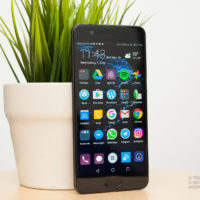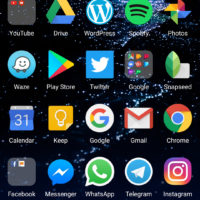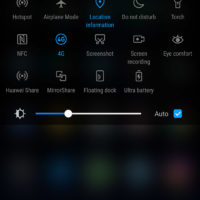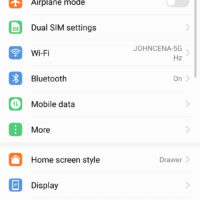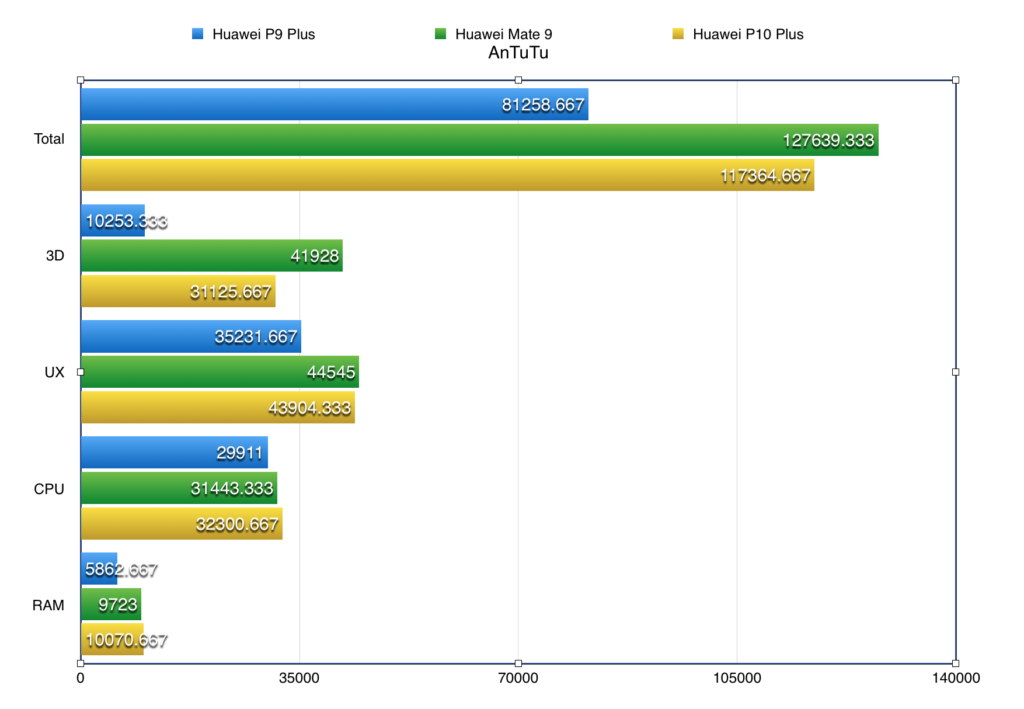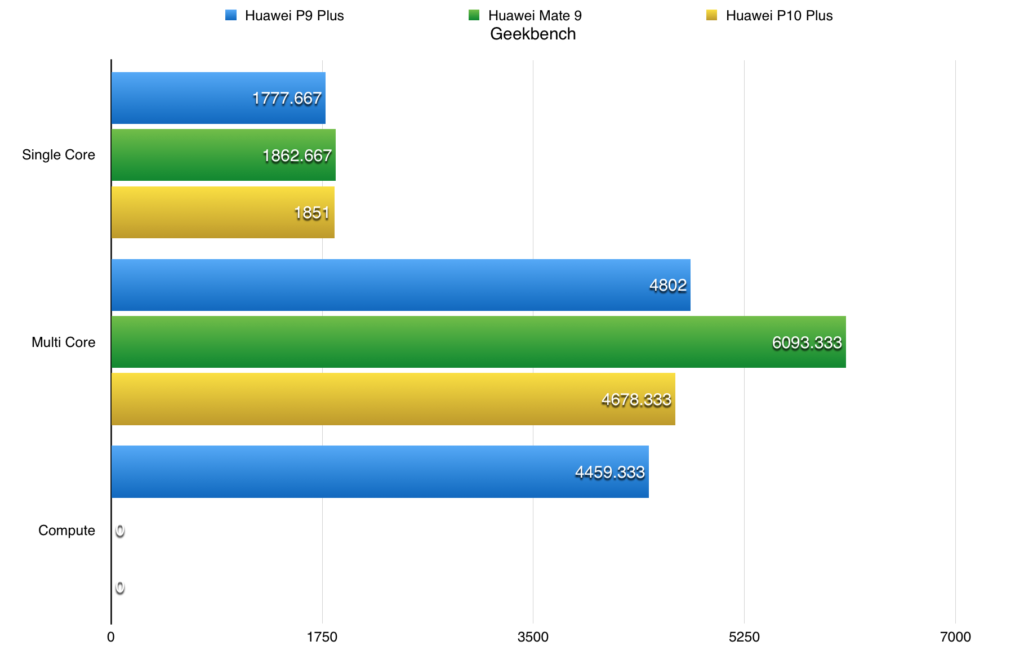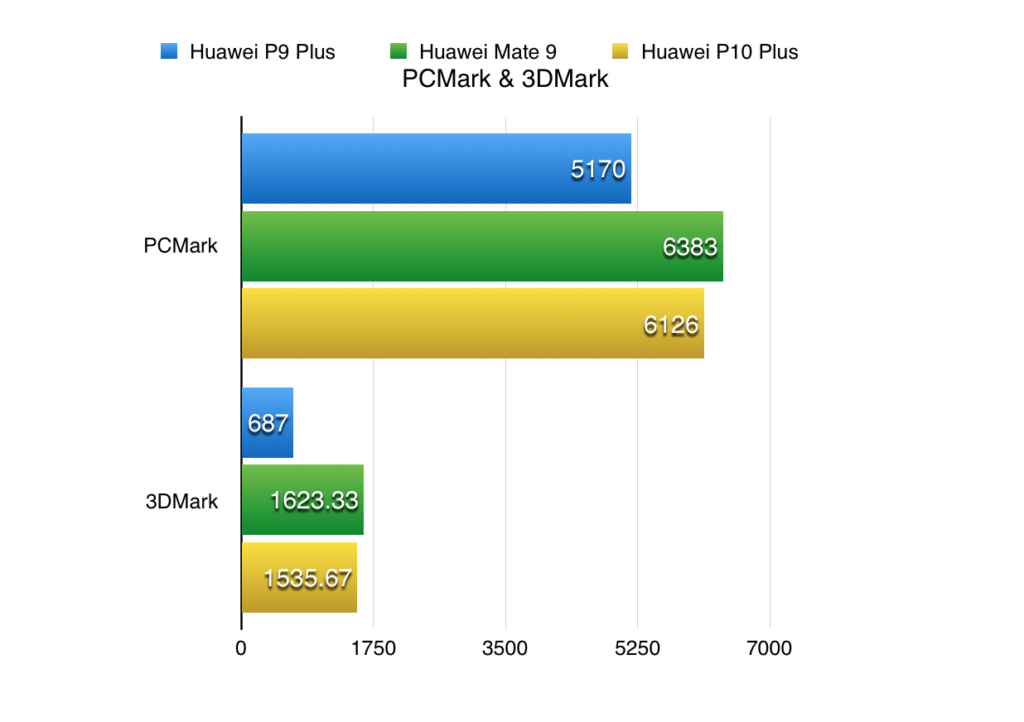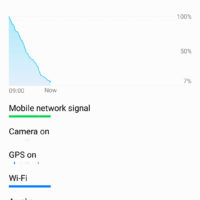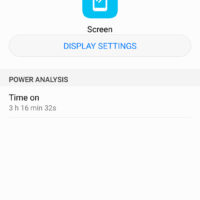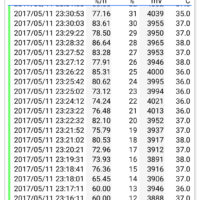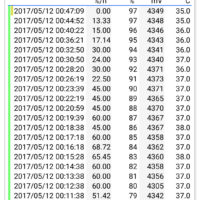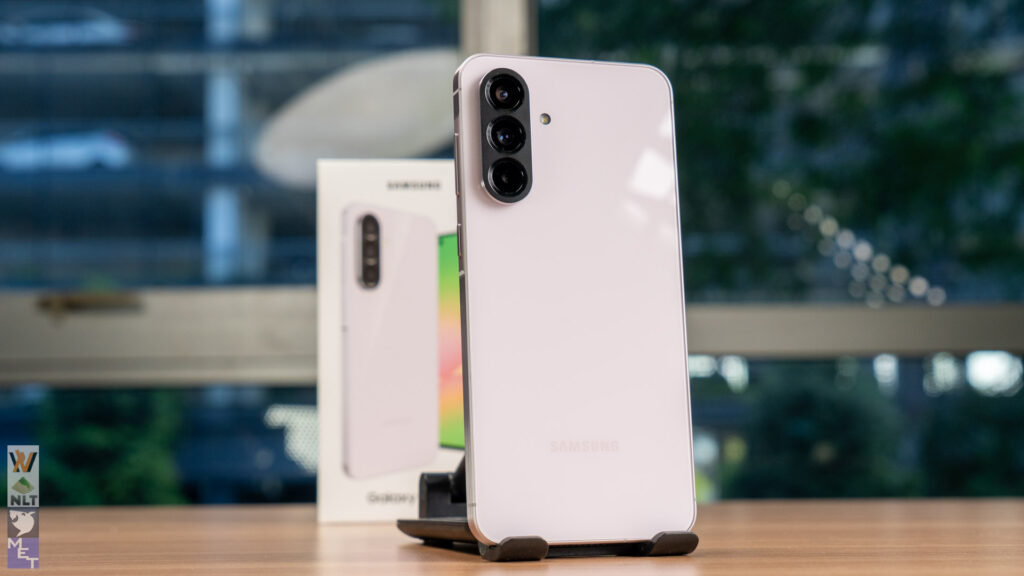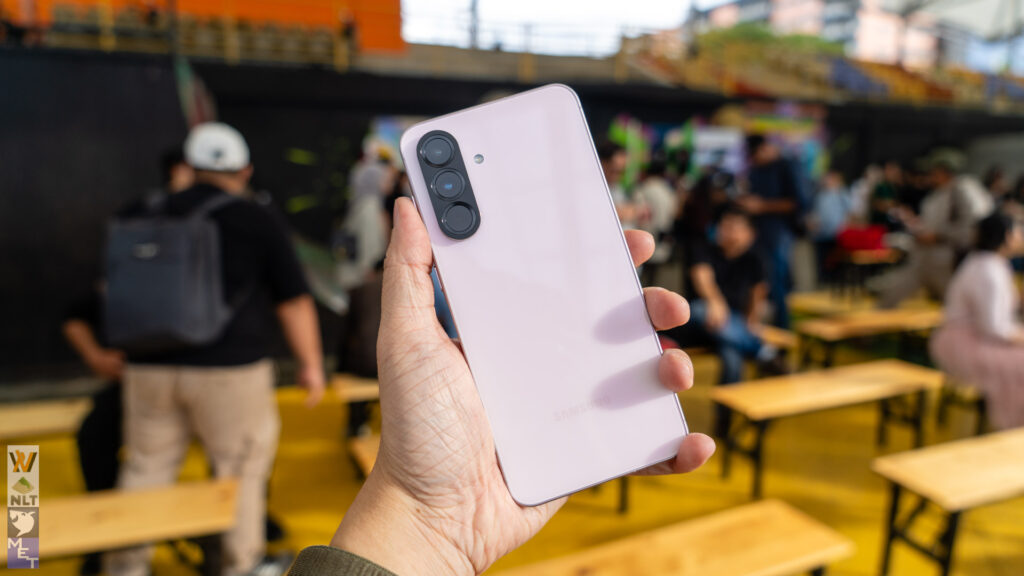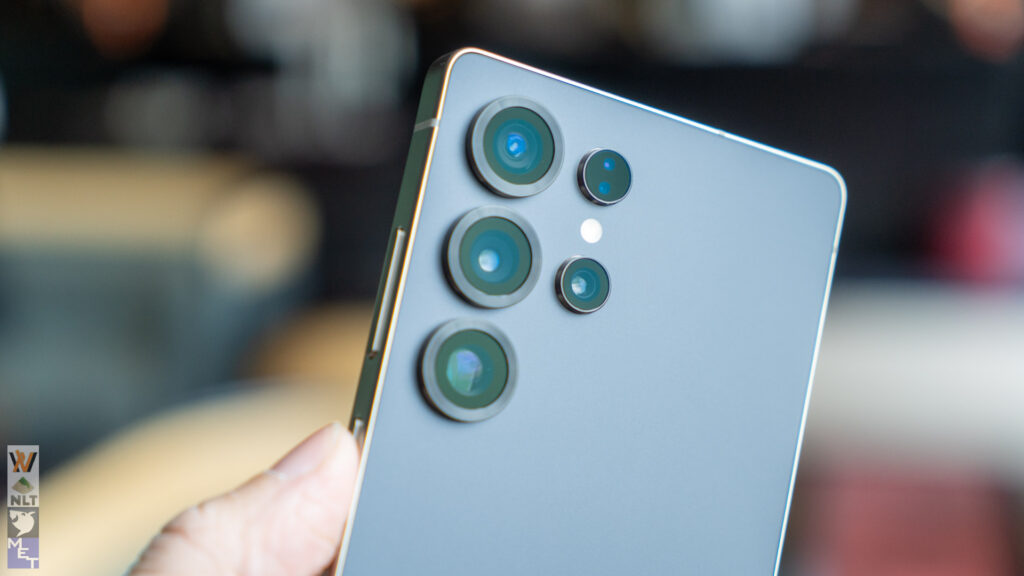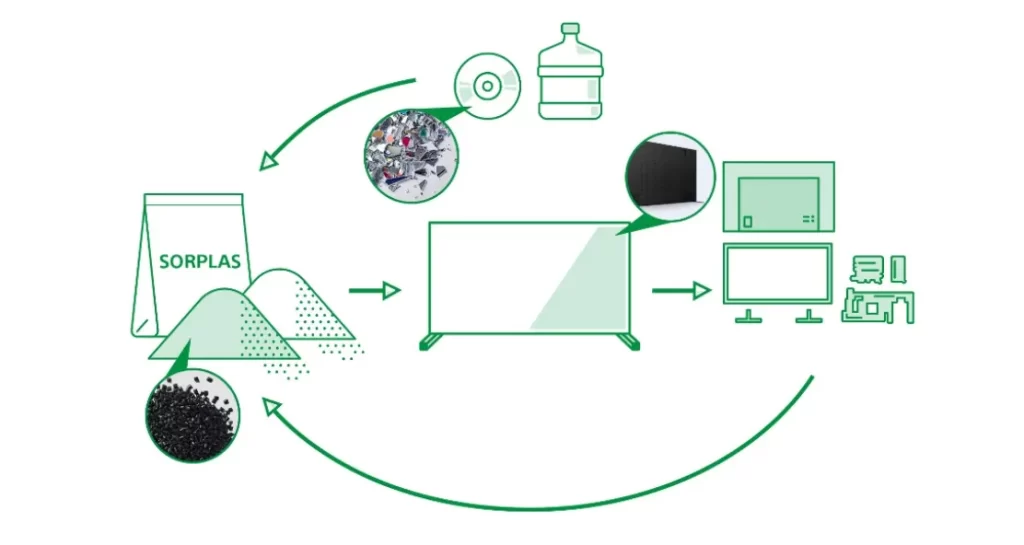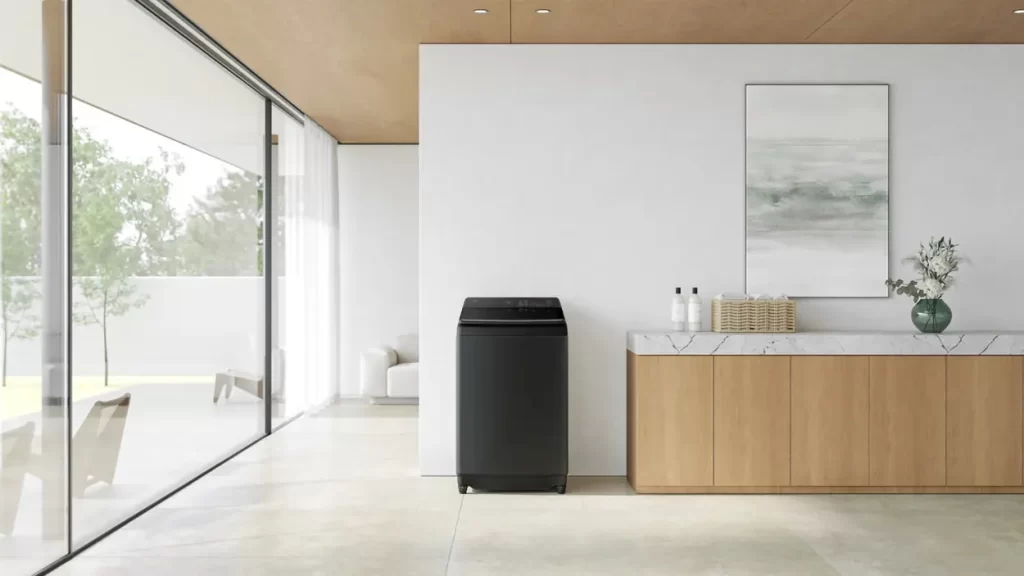Huawei P10 Plus Review
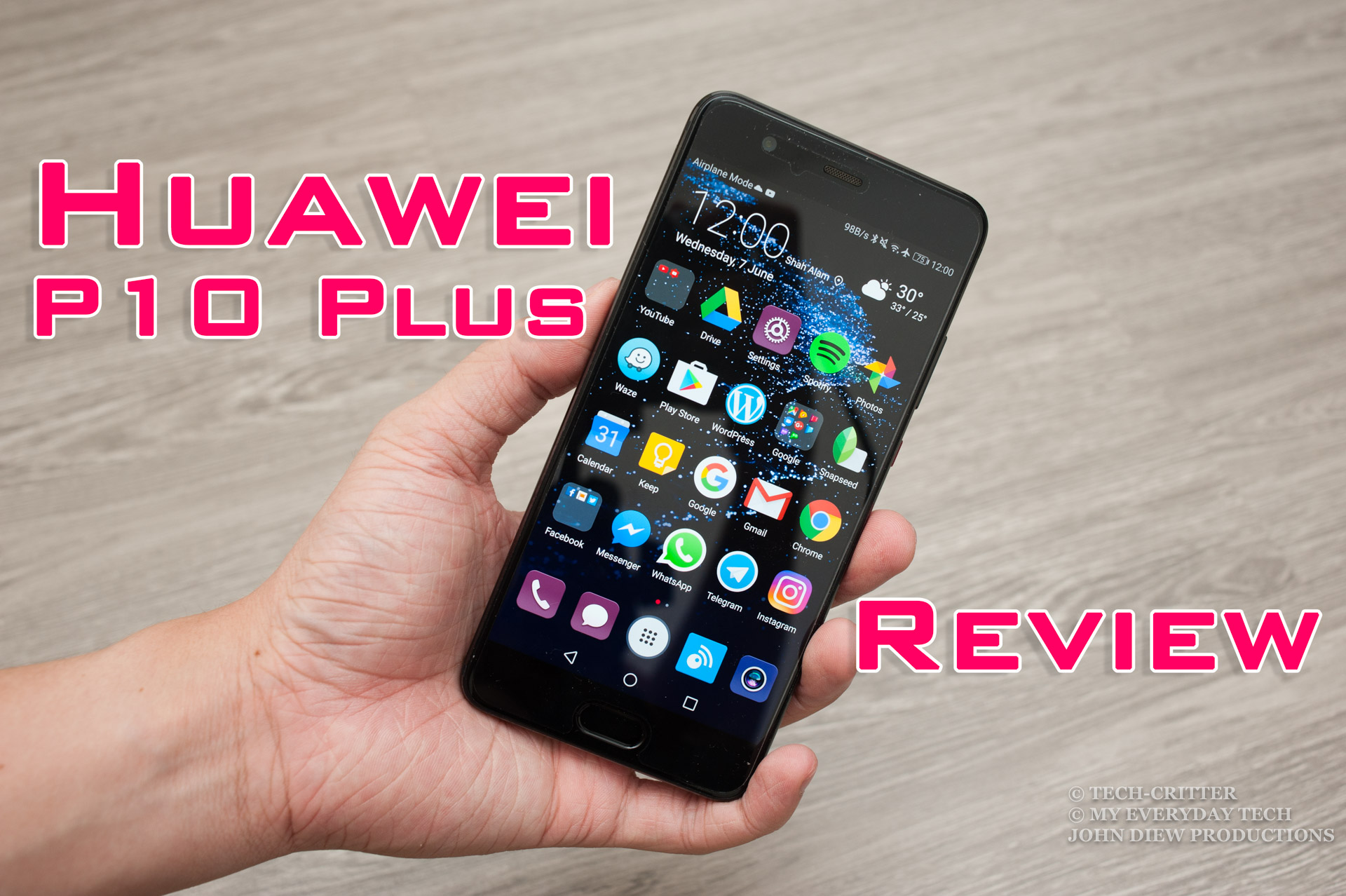
Huawei P10 Plus
RM 3099Pros
- Excellent build quality
- Excellent accessories package
- Accurate & fast fingerprint scanner
- Great 5.5-inch Quad-HD 1440p IPS display
- Excellent rear camera
- Great front camera
- Excellent performance
- Great battery life
- Fast charging
Cons
- No IP-rated dust & water resistant
- Proprietary fast charge
- Buggy and battery drain machine learning algorithm*
Software, Performance & Battery Life
Software & Features
Out of the box, the Huawei P10 Plus runs Emotion UI (EMUI) 5.1 which is based on Android 7.0 Nougat. The fifth iteration of Huawei’s EMUI skin is a welcomed upgrade because other than the jump to Android’s latest operating system, the overall user interface and user experience has been overhauled to match Android’s design guideline. New features include the ability to activate the app drawer, notification shade actions, app twin and more.
There is, however, a weakness with one of its new features, the Machine Learning Algorithm (MLA). The feature is designed to learn the user’s behaviour and usage habit. The system will then manage the phone’s processing power and resources according to our usage. While I did notice some improved performance and responsiveness, but it was not very obvious probably due to the chipset is powerful to handle all the stuff we throw at it. The biggest drawback of the feature is actually battery drain in the first 2 weeks. I can barely get more than 3 hours of screen-on-time because of the aggressiveness of the MLA.
Performance
Benchmark
Interestingly, despite that Mate 9 and P10 Plus has the same Kirin 960 SoC, but AnTuTu shows the Mate 9 is having higher performance score. The biggest improvement of the P10 Plus over P9 Plus is the improvement in the graphics department. The GPU performance increase with Mali G71 MP8 is obvious compared to the weak Mali T880 MP4.
Weird enough, the GeekBench score is showing an unexplainable result. The multicore performance score for the P10 Plus is extraordinarily low compared to the Mate 9 which has the same Kirin 960.
PCMark and 3DMark scores are rather normal. PCMark Work 2.0 productivity score is on par with Mate 9 as well as 3DMark’s graphics performance score.
Real life performance
Now, despite that, the P10 Plus has 6 GB of RAM, 2 gigabytes more than Mate 9. Interestingly the benchmark scores show otherwise. Do I feel any difference in the actual performance? Perhaps yes, it seems that some of my games manage to stay running in the background. But then, with Huawei’s MLA battery and app management, I can’t say otherwise whether is it because of the 6 GB of RAM or because of the MLA’s arrangement.
The P10 Plus comes with a whopping 128 GB of internal storage. I have tested that the unit I have with me is packing UFS 2.1 standard. As I previously pointed out in the P10 Plus gaming article, more storage means you can install more games and more multimedia content for on-the-go entertainment.
Battery Life
As I previously mentioned, due to the aggressive MLA, the battery life is rather weak. The result is especially weak when compared to the P9 Plus. A full charge, of course, will still last me for a day, but the standby time is not as good as before. I have tested playing graphics heavy game, “Real Racing 3” for 3 hours straight with battery to spare. That shows the poor standby time is due to the background task.
Charging
Charging the device is quick thanks to the Huawei’s SuperCharge technology. Topping up the Huawei P10 Plus from 10% to 90% only requires 70 minutes.
Contents

